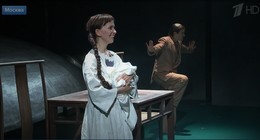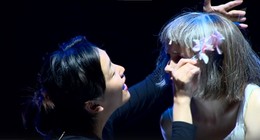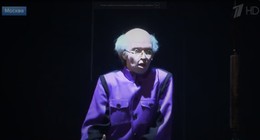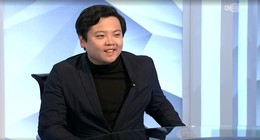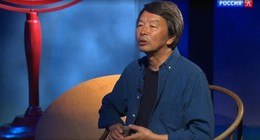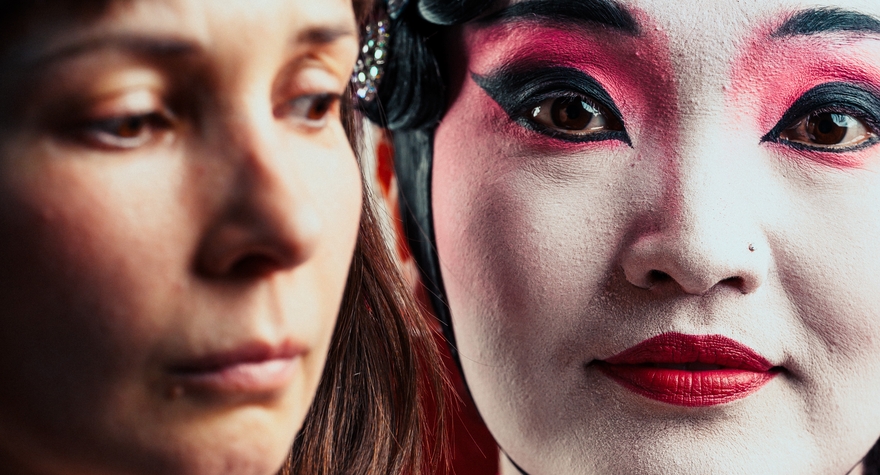

The literary basis for the play by the young Chinese director Ding Yiteng was the satirical novel by one of the most famous contemporary Chinese writers, Liu Zhenyun, I Am Not Pan Jinlian.
Pan Jinlian is a literary character, one of the most popular female archetypes in China, widely used in artistic culture as a symbol of adultery, cunning and villainy. The main character of the novel, Li Xuelian, decides to have a fictitious divorce in the hope of circumventing the birth control law. But after the divorce, her ex-husband suddenly marries another woman, simultaneously accusing his ex-wife of infidelity. From that moment on, Li Xuelian begins an irreconcilable struggle to prove to everyone that she is not Pan Jinlian.
"This story has many Chinese specifics, but it will be understandable to people of any nationality, because, firstly, our performance is about human feelings, and secondly, about the search for truth," says director Ding Yiteng. "Working on the production, I tried to combine the Chinese literary basis, the centuries-old traditions of Chinese theatre and the "mysterious Russian soul" that the actors so generously shared with me. The result was a very cheerful performance - with bright costumes, Chinese musical instruments and numerous acting tricks."
For the production of I Didn't Kill My Husband, set designer Liu Kedong came up with a set in the form of a huge upside-down wok. According to Chinese tradition, an upside-down wok signifies the final break in a relationship - in Ding Yiteng's play, this is the end of the old and the beginning of a new path for the main character.
В работе над спектаклем «Я не убивала своего мужа» российским участникам проекта пришлось освоить не только искусство традиционного китайского грима и специфические сценические движения, но и некоторые секреты китайской оперы, чьи корни восходят к III веку нашей эры.
While working on I Didn’t Kill My Husband, the Russian participants in the project had to master not only the art of traditional Chinese makeup and specific stage movements, but also some secrets of Chinese opera, whose roots date back to the 3rd century AD.
The theatre would like to thank Maria Kuzina for her assistance in preparing the project.
